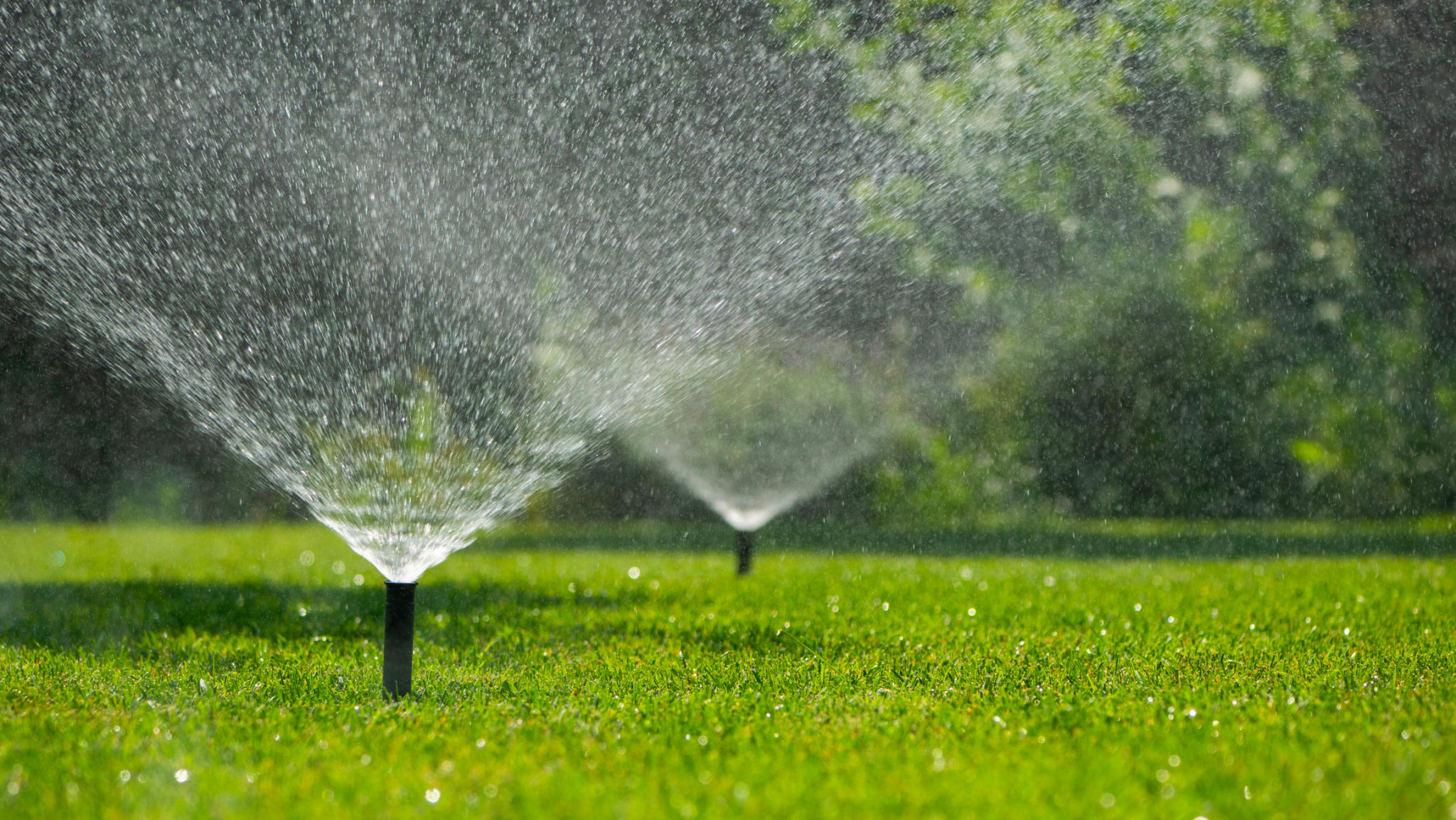Sustainable Practices During Ramadan: Enhancing UAE Agriculture
Introduction to Sustainable Agriculture in the UAE
Ramadan is a time of reflection, community, and giving. It's also an opportunity to consider how we can contribute to sustainability, particularly in sectors like agriculture. The UAE, with its unique climate and limited arable land, faces challenges in agriculture. However, sustainable practices during Ramadan can enhance agricultural efficiency and environmental stewardship.
Embracing sustainable agriculture not only aligns with the spirit of Ramadan but also ensures that future generations can continue to enjoy the bounty of the land. This blog explores some effective sustainable practices that can be implemented in the UAE's agricultural sector during Ramadan.

Water Conservation Techniques
Water scarcity is a significant challenge in the UAE. Implementing water conservation techniques is crucial for sustainable agriculture. One effective method is the use of drip irrigation systems, which deliver water directly to the plant roots, minimizing waste and evaporation.
During Ramadan, farmers can also adopt rainwater harvesting techniques to supplement their water supply. Collecting and storing rainwater reduces reliance on groundwater and supports sustainable farming practices. These methods not only conserve water but also promote resource efficiency.
Benefits of Water Conservation
- Reduces water wastage
- Enhances crop yield
- Lowers energy consumption

Innovative Crop Selection
Choosing the right crops is essential for sustainable agriculture in arid regions like the UAE. Opting for drought-resistant and native plants can significantly reduce water usage and improve resilience against climate change. During Ramadan, farmers can experiment with growing indigenous crops that are well-suited to the local environment.
Crops such as dates, olives, and certain types of grains have adapted to thrive in the UAE's climate. These plants require less water and are more resistant to pests, reducing the need for chemical interventions.
Advantages of Indigenous Crops
- Lower water requirements
- Enhanced resistance to local pests and diseases
- Contribution to biodiversity

Sustainable Soil Management
The health of soil is fundamental to agricultural productivity. Sustainable soil management practices, such as crop rotation and organic composting, can be implemented during Ramadan to maintain soil fertility. Crop rotation prevents nutrient depletion by alternating different types of crops on the same land.
In addition, using organic compost enriches the soil with nutrients and improves its structure. These practices reduce the dependency on chemical fertilizers, promoting a healthier ecosystem.
Key Benefits of Soil Management
- Increases soil fertility
- Prevents erosion
- Enhances carbon sequestration

Conclusion: A Path Towards Sustainable Agriculture
Sustainable practices during Ramadan offer a path towards a more resilient and efficient agricultural sector in the UAE. By focusing on water conservation, innovative crop selection, and sustainable soil management, farmers can enhance productivity while preserving natural resources.
These efforts not only support the goals of environmental sustainability but also reflect the values of compassion and care inherent in Ramadan. As we strive for a more sustainable future, every small step taken during this holy month contributes to a larger impact on our environment and community.
